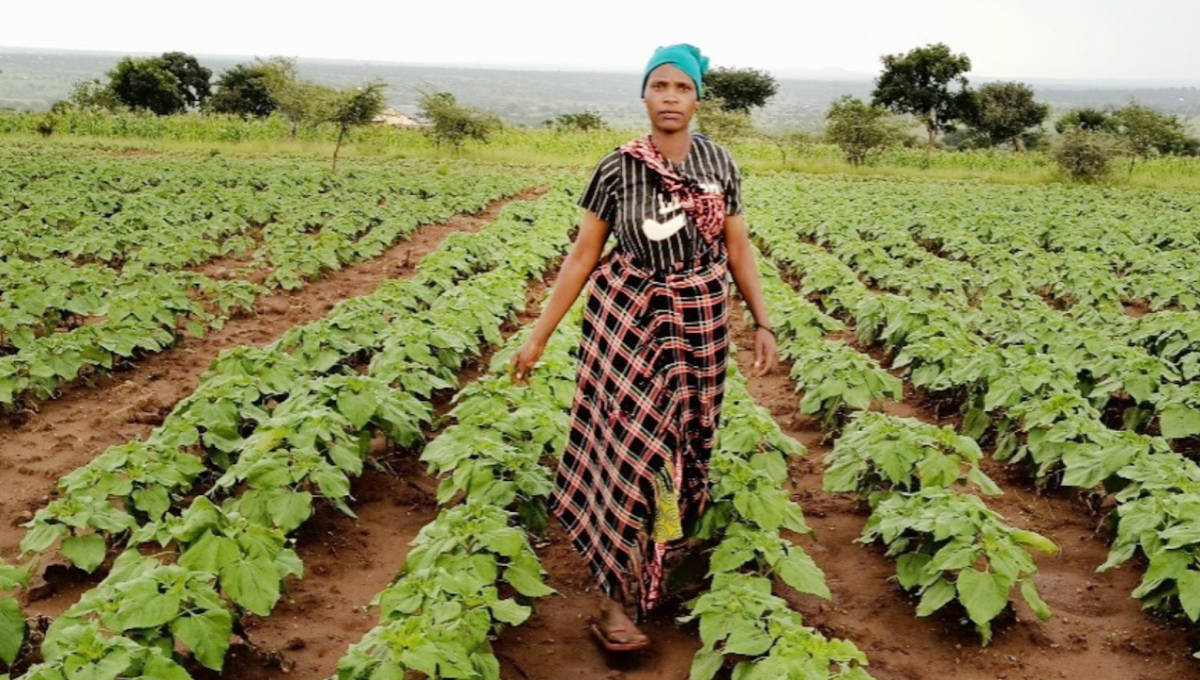Every crop faces its unique challenges with its unique conditions. There is a precarious balance of elements that need to be just right for seeds to grow and develop into crops that can then be harvested. If seeds fail, so do the crops which is why UPL’s agricultural solutions also cover seeds through its group company, Advanta that has over 60 years of R&D experience. One biotech and 19 R&D stations work with advanced proprietary technologies to develop more disease-resistant and high-yielding seed varieties.
Our select network of distributors brings in their regional expertise for products and at local levels, many work directly with our primary customers - farmers. In an effort to aid them wherever possible, we reach out to farmers to understand their concerns to provide the best local farming solutions. 60% of Advanta’s operations across Asia, Africa, and Latin America fall under countries that are classified by the UN as food insecure. The majority of agriculture in these areas is done by smallholder farmers. The stakes here between a successful crop and a failure means more than economical loss, it can lead to a crisis where vulnerable populations go hungry and families don’t have food to eat. Access to high-quality seeds that can withstand fluctuating climate conditions, create disease-resistant and pest-resistant crops, and have higher nutritional values is an essential part of enhancing food security by taking a holistic approach. This includes addressing the underperforming sections of the agricultural sector which includes women farmers.
Addressing the Gender Gap
There can be a yield gap of 20-30% between men and women farmers. The Food and Agriculture Organization (FAO) of the United Nations found that this gender gap was attributed to the unequal access to resources and opportunities needed to be productive. Women make significant contributions to agriculture but face gender-specific challenges that limit their ability to do more for their families, communities, and countries. If equal resources were provided to women, it would result in similar yield levels. This would result in increasing total agricultural output which in some developing countries could amount to between 2.5-4%, pulling over 100 million people or more out of undernourishment.
Advanta’s holistic food security measures thus include a conscious aim to provide women farmers with equal access to seeds, agricultural resources, and climate-smart technologies. Supporting women farmers is crucial not only to achieve food security and nutrition but also to strengthen rural communities. We also collaborate with organizations for initiatives across the world for this cause.
Improving Yield in Tanzania
In Tanzania, we partnered with Farm Africa, an innovative charity that reduces poverty by unleashing African farmers' abilities to grow their incomes in an environmentally sustainable way. The focus was on training 1000 women growers of sorghum and sunflower in Dodoma and Manyara on Good Agricultural Practices (GAP), a system that can be implemented to raise safe and healthy crops in sustainable ways. This empowered them to increase the yield of their crops that would feed families and could be traded for other goods.
Boosting Nutrition in Indonesia
Women form the majority of growers and decision-makers in the Indonesian rural community. With the COVID-19 pandemic, as many struggled to provide basic necessities for their families, a community project was launched. Advanta Seeds provided residue-free vegetables and training for the project with women leaders often contributing their own land.
Advanta also provided field crop demonstrations and farming training prioritized for women farmers across the country, which resulted in increasing the participation of women by 30% during the pandemic. We were humbled by receiving recognition for our efforts as a finalist for UN Women 2020 Asia-Pacific WEP Awards.
Through Advanta Seeds, UPL will continue empowering women farmers by raising awareness of gender issues and providing growth opportunities that would in turn promote agricultural development across the world.
References
UPL Sustainability Report 2019-20
FAO The State of Food & Agriculture 2010-11
